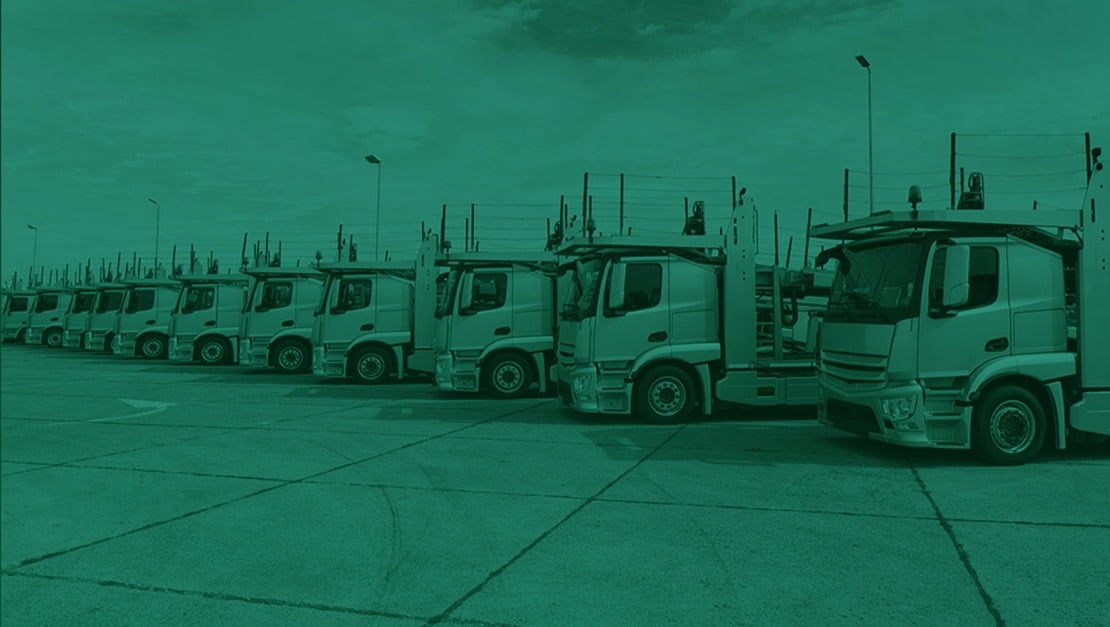The fleet management industry faces several challenges coming from different directions: from ensuring vehicle maintenance to managing driver performance and optimizing routes, fleet managers are constantly looking to balance cost and operational efficiency. To do so, they’re turning to cutting-edge technologies like artificial intelligence (AI) to break through these barriers.
AI is emerging as a transformative solution that offers innovative ways to streamline fleet management workflows, whether it’s being used to optimize routes, monitor and improve driver performance, or predict vehicle maintenance. Taking it a step further, speech-powered AI is enabling fleet companies to do this all hands-free, making AI in fleet management safer and easier to adopt.
In this blog post, we’ll examine voice-powered AI’s role in streamlining fleet workflows and how it’s being used to build an industry that’s safer, more efficient, and even more sustainable. We’ll also look at how speech-driven solutions like aiOla are breaking down barriers to adopting these types of technologies.
The Rise of AI in Fleet Management
Like many other industries, leet management relied on pen-and-paper record-keeping systems for tasks like vehicle maintenance and scheduling. This offered limited capabilities to track and collect data to help improve operations and help drivers become more efficient.
However, as technology began to evolve in the digital age, so did the fleet management industry. The introduction of GPS systems helped improve communication and tracking capabilities, and the introduction of fleet management software made planning and data analysis easier. Over time, these tools got stronger and incorporated more functionality, but the next big jump in technological ability came more recently.
Today, fleet operations harness the power of tools like IoT (Internet of Things), telematics, and AI to improve their services, cut down on costs, increase safety measures, and optimize workflows. These innovative technologies have laid the groundwork for an evolved fleet industry with tools that allow for predictive maintenance on fleet vehicles, route optimization algorithms, and systems that monitor driver behavior to reduce incidents.
Still, even these technologies continue to advance at breakneck speed. With further advancements in AI capabilities, like aiOla’s speech-driven platform, fleet managers and drivers can rely on nothing but their voices to complete advanced tasks and gather important data. Let’s take a closer look at how this is done.
The Power of Voice in Streamlining Tasks
Speech recognition has been used in many different industries, such as healthcare, food manufacturing, and the aviation industry. Speech recognition enables workers to dictate notes to improve documentation and data collection. It can also be helpful in customer service interactions to field different incoming inquiries.
No matter the industry using speech recognition technology, there’s no denying its many benefits:
- Hands-free operation: Speech technology enables workers to focus on the task in front of them. This can have critical implications for certain industries, like patient care. In the fleet industry, too, keeping hands available to focus on driving makes workflows safer for drivers and everyone who shares the road.
- Improved speed and efficiency: Tasks that may otherwise take time for manual input like inspections can be sped up significantly with speech-powered AI technology. These tools can pick up on language through verbal instructions to help complete tasks and gather data.
- Reduce human error: When dealing with multiple manual workflows, human error is almost inevitable. However, when workers are left to focus on their tasks without worrying about manual inputs, voice-activated systems can pick up the slack and more accurately complete redundant tasks and execute commands.
- Cost savings: Fewer errors lead to lower costs to remedy a mistake. Not only that but by allowing employees to focus on more essential tasks, you can cut down on excess resources you would need for completing multiple manual workflows.
Integrating aiOla into Fleet Management Workflows
aiOla is an AI platform that uses everyday language to complete operational tasks. Through just the power of your voice, aiOla can help cut down on time spent on manual tasks like inspections and make your workflows quicker, safer, and more reliable. Additionally, through aiOla, fleet management companies can gather essential data such as driver behavior and equipment information to stay on top of resources before issues arise. In fact, a report showed that accidents were reduced by 22% when fleet companies implemented AI to assist with route planning.
aiOla understands over 100 languages as well as accents, dialects, and industry-specific jargon and can pick up on speech in any acoustic environment. With our platform, data collection is not only streamlined, but it’s more accurate than it would be if data were manually entered.
aiOla provides fleet management companies with many advantages, such as:
- Efficiency: Communication with your fleet is instant, making task completion quicker.
- Safety: aiOla’s platform is completely hands-free, meaning you can improve employee performance along with safety as drivers are focused on their tasks without distraction.
- Adaptability: aiOla can integrate with any of your existing systems to streamline processes.
- Scalability: Our platform can be adapted to fleets of any size, making it scalable to your needs.
- Real-time data: Information gets collected through aiOla in real-time, empowering you to make on-the-spot decisions safely and accurately.
Comparing Traditional Fleet Management Vs. aiOla-enabled Management
It’s estimated that the fleet management market is expected to grow to $52.4 billion by 2027, up from $25.5 billion in 2022. This means that the industry will more than double in size in just a few years, and fleet companies that stick to outdated methods of management and tracking risk falling behind their competitors.
To better visualize the added benefits of using AI like aiOla’s speech-powered technology to streamline fleet management workflows and improve business operations, we’ve compared it side-by-side with traditional fleet management. Have a look to better understand the areas in which AI-driven speech technology can improve your fleet management company.
| Traditional Fleet Management | Fleet Management Using aiOla’s AI Speech Technology | |
| Record-keeping | Done manually using paper records or basic software to track vehicle maintenance, schedules, and operational data | Automated using natural language to perform tasks, check vehicle diagnostics, and update schedules |
| Communication | Communication between fleet managers and drivers can include delays, making it slow and inefficient | AI assists with real-time, two-way communication for easier instant updates to changing conditions |
| Visibility | Visibility into real-time vehicle conditions is limited, making it challenging to optimize advanced planning | With AI, visibility is enhanced and can provide real-time data for route optimization and predictive maintenance, leading to stronger decision-making |
| Data entry | Done manually, susceptible to human error and can lead to inaccurate or incomplete record-keeping | Automated, reduces the potential for error so that records are more accurate and detailed |
| Resources | Can be resource-intensive, relying on a dedicated staff who are responsible for multiple administrative tasks, leading to higher costs | Resources are optimized by removing manual tasks from staff to enable them to focus on more profit-generating tasks |
Future Projections: Where is Speech-Driven AI headed in the Fleet Industry?
The future of speech-drive AI technology in the fleet industry is promising. With more and more AI being implemented in day-to-day use in fleet companies, it’s expected that the demand for these types of solutions will continue to increase. Looking ahead, we can only speculate what types of advances speech-based technology will make, but we have some ideas:
- Collaboration with other technologies: Speech-based AI will continue to integrate with other technologies and systems, like IoT devices, telematics, and analytics tools. This will help sharpen insights even further.
- Safety enhancements: AI is being used to increase safety in many fields, and fleet management is no exception. In the future, we can envision voice-activated technology to get even more precise when it comes to predicting the behavior of drivers and reducing accidents.
- Personalized experiences: As AI becomes better at recognizing voices, it can begin to better differentiate between voices. This can be used to customize workflows to specific employees and provide personalized information like work schedules and routes.
Revolutionizing Fleet Management With aiOla
aiOla’s speech-driven AI platform has the potential to revolutionize the way fleet companies operate. From more accurate inspections leading to better predictive maintenance of vehicles to analyzing driver behavior for safety purposes, our technology can optimize countless aspects of fleet management. Compared to traditional fleet management, language-based technology helps companies stand out against competitors by offering services that are not only more reliable, but also safer, more affordable, and more sustainable.
Book a demo with one of our experts to learn how aiOla can help you enhance your fleet management operations.








